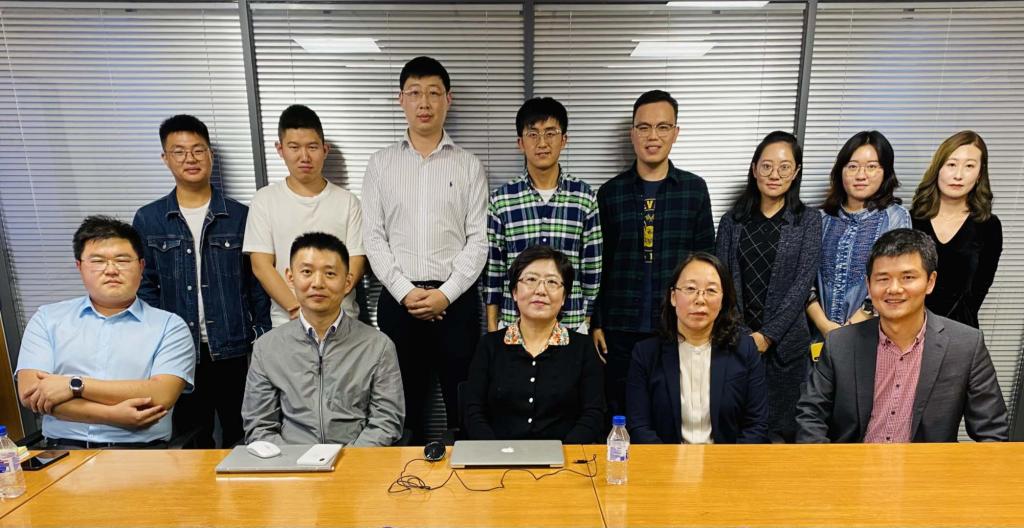The 108th Xin Rui Forum “Thoughts on Criminal Procedure Law” was held 16 September. Researcher fellow Dong Kun, Director of Academic Department, Institute of Procuratorial Theory, Supreme People’s Procuratorate gave a lecture on the topic of “application scope and latest development of exclusionary rule of illegal evidence”. The lecture was both conducted online and offline, and was presided over by Associate Professor Xie Dengke. Professor Min Chunlei, Professor Yang Bo, Associate Professor Jia Zhiqiang, as well as doctoral and master students attended.
Dong Kun’s lecture focuses on three aspects: “the historical evolution of the exclusionary rule of illegal evidence”, “the applicable scope of the exclusionary rule of illegal evidence” and "the latest development of the exclusionary scope of illegal evidence". First of all, Dong reviewed the evolution and development of the exclusionary rule of illegal evidence in Criminal Procedure Law since 1979, and came to the conclusion that the exclusionary rule of illegal evidence is at constant improvement. Secondly, Dong introduced the standard and scope of the identification of illegal evidence, and analyzed the exclusion of extorting confessions by torture and threatening from the perspective of approaches, degree and results. He also explained the exclusion of illegal detention and other illegal restrictions on personal freedom, and defined the interrogation subject, interrogation time, right notification and other elements. In the end, in combination with the forthcoming judicial interpretation of the Criminal Procedure Law, Dong elaborated the latest development of the exclusionary rule of illegal evidence from the aspects of pre-trial meeting, prior review of legality and in-court exclusion.
Professor Yang Bo pointed out that the exclusionary rule of illegal evidence is one of the highlights and cores of the development and improvement of China’s criminal procedure law and evidence law. The process of perfecting the rules of excluding illegal evidence has greatly promoted the development of criminal procedure and evidence system in China. The exclusionary rule of illegal evidence involves many problems, such as entity, procedure, proof, etc. Its procedural rules and proof rules are relatively static, while the application scope of substantive rules will generate new topics with the development of practice. Associate Professor Jia Zhiqiang advocated the need to study the exclusionary rule of illegal evidence from the perspective of legal doctrine.
In the interactive session, the students started hot discussion. Dong responded to the questions raised by the students, for example, “Can audio-visual materials and electronic data be included in the exclusionary rules of illegal evidence” and “burden of proof in the exclusion of illegal evidence”. Finally, Professor Min Chunlei made comments and concluded that the development of the exclusionary rule of illegal evidence takes long time and there are still issues for studying and exploring. It is necessary to further explore the theoretical and practical problems of the exclusionary rule of illegal evidence, and promote its theoretical development and practical application.
